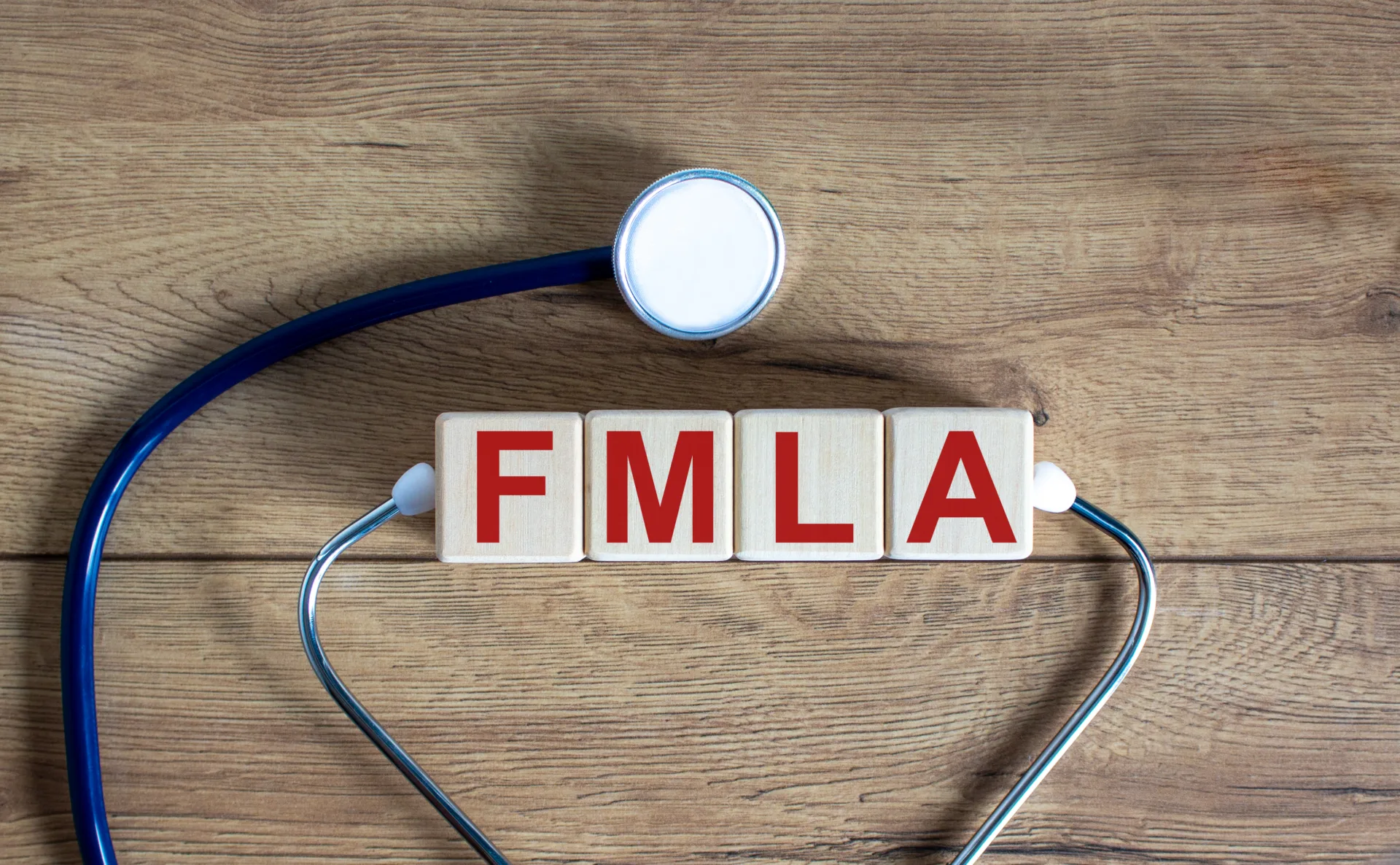
Gambling Addiction and Suicidal Ideation in Veterans: A Hidden Crisis
For many veterans, life after service is filled with challenges that most civilians can’t fully understand. Post-traumatic stress, depression, chronic pain and the struggle to reintegrate into daily life can all take a serious toll. Unfortunately, these difficulties can sometimes lead veterans down a dangerous path—including gambling addiction and, in more severe cases, suicidal ideation.
At Bluff, we understand that these issues are deeply connected and rarely happen in isolation. That’s why our trauma-informed programs are designed to treat the whole person—not just the symptoms—so veterans can begin to heal in a safe, judgment-free environment.
Gambling Addiction in Veterans: More Than a Habit
Gambling addiction is often seen as a financial issue, but it runs much deeper. For veterans, gambling can become a coping mechanism—a way to escape intrusive memories, emotional numbness or the restlessness that often follows military life. Online betting, casinos or sports wagering may offer a temporary rush or sense of control—but that high doesn’t last.
Veterans may be more vulnerable to problem gambling due to:
- PTSD and trauma-related symptoms
- Lack of healthy coping mechanisms
- Increased risk-taking behavior from combat experiences
- Isolation from civilian life or lack of community
- Co-occurring mental health or substance use disorders
And because gambling doesn’t always come with visible warning signs like drugs or alcohol, it can easily spiral before loved ones even realize there’s a problem.
The Link Between Gambling Addiction and Suicidal Ideation
Research shows that individuals struggling with gambling addiction are significantly more likely to experience thoughts of suicide or self-harm—and veterans are no exception. When the financial consequences, shame and emotional pain become too overwhelming, some may feel like they have no way out.
A few warning signs to watch for include:
- Talk of hopelessness, worthlessness or being a burden
- Withdrawal from family or support systems
- Extreme anxiety or depression following gambling losses
- Sudden changes in mood or behavior
- Risky behavior with no concern for consequences
If you or someone you love is a veteran struggling with gambling and experiencing suicidal thoughts, help is available now. You are not alone, and healing is possible.
How Bluff Can Help Veterans Recover
At Bluff, we take a trauma-informed, individualized approach to treating gambling addiction and co-occurring mental health issues like depression, PTSD and suicidal ideation. Our experienced clinical team understands the unique experiences veterans face and offers compassionate, evidence-based care in a private, supportive setting.
Our services include:
- Comprehensive psychiatric evaluations
- Dual diagnosis treatment for gambling and mental health disorders
- Veteran-focused therapy, including EMDR and trauma-specific modalities
- Group support and peer connection
- Aftercare planning to ensure continued success beyond treatment
Whether you’re just starting to recognize a problem or have been battling addiction for years, our team is here to walk alongside you every step of the way.
You Served With Strength. Now Let Us Help You Heal.
Gambling addiction and suicidal ideation are serious—but treatable. At Bluff, we’re honored to serve those who have served our country by providing the care and connection needed to recover.
If you or a loved one is a veteran in crisis, don’t wait. Reach out to Bluff today to learn more about our specialized programs and how we can support your journey to recovery.







